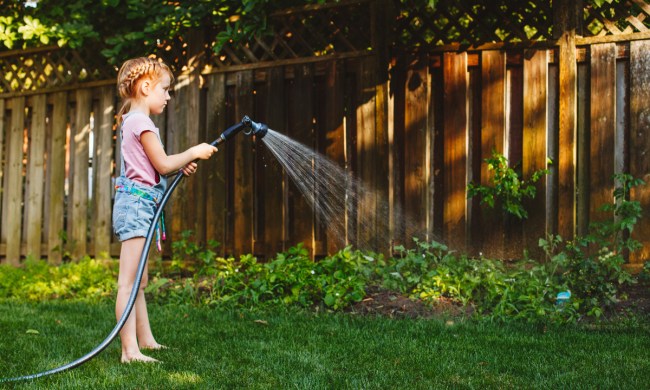Occasional moodiness is normal at any stage for children, and changes in emotions and how they’re expressed go along with the territory of growing up and trying to establish one’s own identity. Even a small tiff between siblings or between you and your child will happen periodically. However, what do you do when his or her behavior becomes impossible to control? How do you deal with the revelation that your child may have been partaking in self-harm? We’ve done the searching and brought you some signs to watch for to help you determine when to take your child to the ER for behavior.
What qualifies as a psychiatric emergency?
As noted by the American Academy of Child and Adolescent Psychiatry, some signs that tell you right away to bring your child into the emergency room include:
- Signs or threats to harm him or herself.
- Signs or threats to harm others.
- Profound and sudden changes in behavior that can’t be explained.
- A reaction to changes in psychotropic medications or changes in the dosage of prescriptions for treating conditions that have already been diagnosed.
One specific sign that your child is pondering self-harm involves giving away treasured belongings that you know he or she wouldn’t normally try to pass on to someone else or if your son or daughter writes a “will” that outlines who will get his or her possessions in the event of anything happening to him or her.
Likewise, you should also look for signs that your child might cause harm to others. Some of these signs include diary entries or drawings outlining this type of plot, a list of people who the child might want to harm, or increased violent outbursts.
Also, if you notice changes in your child’s behavior and demeanor, such as persistent crying or angry outbursts, then you should seek help right away. These changes could be brought about by external factors, like alterations in the family dynamics or being bullied at school. Or if your child has been placed on medication for a condition that’s already been diagnosed, you might keep an eye out for dramatic changes in mood and behavior, as this could signal a reaction to the new medicine or dosage.

How do I know my child is in crisis?
Along with the previously mentioned signs, a change in behavior that’s out of control, any attempts at self-harm, or harm to others point towards a crisis. Also, if your child experiences hallucinations or delusions, you’ll need to seek help immediately. According to the National Alliance on Mental Illness, other signs that tell you when to take your child to the ER include:
- Expressing suicidal thoughts — overtly or even just dropping hints.
- Expressing an inclination toward harming people, animals, or both.
- Isolating from friends and family.
- Displaying aggression.
If you see any of these behaviors, or if any staff members from your child’s school tells you about observing these behaviors, your child will need to be stabilized, protected, and evaluated as soon as possible.
What might constitute a mental health crisis or emergency in a child?
Another point to remember is that there are two types of crises. As noted by the National Alliance on Mental Illness, you can a have crisis where your child and/or others nearby are in immediate danger and a crisis can occur where your child is not in any immediate danger but needs an intervention anyway.
In a situation of immediate danger, you’ll need to call 911 and inform the dispatcher that your child is experiencing a mental health crisis. First responders are familiar with this term and are trained to deal with this type of emergency.
If you’re sure that your child is not in any immediate danger, and everyone else nearby is safe, then you should talk with your child and ask what triggered the crisis. You’ll need to reassure him or her that you’re there to provide support but let him or her know that help is needed. If your child is already seeing a mental health practitioner, then you’ll need to contact that person as soon as possible. If not, then you’ll need to contact your pediatrician for a referral to a mental health professional and to a facility that provides evaluations.
To be able to determine what type of crisis your child is experiencing and whether you can handle the situation yourself, you’ll need to watch for the following signs:
- Talking extremely rapidly
- Sudden mood swings
- Rapid pacing
- Profound changes in energy level (being “up and down” constantly with no in-between)
- Extreme paranoia and expressing that “everyone is out to get them”
- Being out of touch with reality and/or extremely confused or disoriented
- Verbalizing suicidal thoughts
If you determine this situation is beyond your control, you’ll need to call 911 immediately. If the situation poses no immediate danger to your child or others — but you know you’ll need help with calming your child down — then take him or her to the ER.
Many families have dealt with emergencies related to their children’s mental health. One important thing to remember is that you and your child are not alone in this crisis, and there are resources that offer additional support and valuable information.



